
Who Owns Intellectual Property?
WHO OWNS INTELLECTUAL PROPERTY?
For writers, marketers, content creators, and businesses alike, intellectual property laws can make a huge impact on your company’s livelihood and protect you from having someone else benefit from your work.
This means that someone else cannot publish a copy of your book as their own or that another company cannot steal your proprietary software to improve their own market competitiveness.
However, intellectual property laws aren’t always straightforward.
Who owns work created by an employee of a company? Who owns a published article that heavily relies on an interview of another person?
Navigating intellectual property laws means understanding what is and isn’t protected, as well as what you can do to protect yourself.
Intellectual property is work or an invention that stems from creativity. This includes songs, books, white papers, and ebooks.
In some cases, it is possible to get a patent, copyright, or trademark for your intellectual property.
Intellectual property rights enable you to financially benefit from your work, and to protect it from unauthorized use from others. In the event that someone takes your work and uses it for their own gain, you can hold them legally responsible.
In the past few decades, intellectual property has become murky due to an enormous amount of collaboration and innovation.
Who owns the invention an employee or independent contractor creates for your company? If you interview a source and quote them in your article, do they own part of the finished piece?
In this guide, we dive into the topic of intellectual property and how it could potentially impact your business’s creative work.
What Counts as Intellectual Property?
In general, intellectual property falls into four protected groups:
- Patents: Patents cover unique processes and inventions.
- Copyrights: Creative works in tangible mediums, such as music, writing, books, films, choreography, architecture, and art.
- Trademarks: It protects a product or service from what’s offered by competitors.
- Trade secrets: Confidential information about a business and its internal workings.
Who Can Claim Intellectual Property Rights?
Any creator can claim intellectual property rights. This includes companies, writers, photographers, musicians, inventors, architects, and choreographers.
Intellectual property rights aren’t infinite.
For instance, in the United States, patents last between 14 and 20 years after the filing date. Copyright protection (since 1978) lasts through the author’s lifetime until 70 years after their death. Trademarks and trade secrets are active as long as you continue to renew them through the appropriate government offices.
Consequences of Intellectual Property Infringement
The consequences of intellectual property infringement can be dire.
If another company steals your trade secrets, your ideas and processes could be used to overtake your market segment and put your company out of business. And the penalties for copyright infringement are up to $150,000 for each and every work that someone infringed on.
The penalties for trade secrets, patents, and trademarks could be even higher, depending on the case.
In some situations, an author could make more money by winning an intellectual property infringement case from someone who stole their work than they originally made from the work’s book sales.
Common Law Precedents
Even without taking official action to protect intellectual property, certain types of content have intellectual property rights established by legal precedents.
This includes when you finish a novel, movie, computer program, or poem.
These are called common law precedents based on previous legal cases. Typically, this includes intellectual property protection for:
- The person who created it
- The person who paid for it
- Improvements made by one party, such as adding new technology to a non-technological product, which are owned separately from the original party that owned it
Subject Matter Experts, Sources, and Interview Subjects
Journalistic interviews are one area of the intellectual property laws in the United States where the ownership distinction is blurry.
In some cases, the interviewer and writer own the resulting content, whereas in other cases, the interview subject does.
While not a guarantee, past cases demonstrate that your source may have ownership of an article if most of the words came from what the source said, word-for-word. In this case, the source would likely own the copyright for the article.
However, giving a single quote or an idea for an article does not give ownership rights.
Social Media

On social media, you generally own the content you post. However, the platforms themselves gain some control of your content once you post it.
Depending on the platform, the social media network may be able to limit how you use your own content.
For instance, Facebook, Instagram, and Twitter have terms that you agree to by posting content on the platform that gives the social media companies the right to use and sub-license your images.
Right of Publicity
Some states, such as California, Florida, Texas, Utah, and Virginia, have the right of publicity laws that protect against a person’s name and image for commercial purposes.
This includes writing a story about a subject that doesn’t want coverage or using a person’s photo in an advertisement without their permission.
If someone violates this and publishes your picture or personal content, you can ask them to take it down and file legal action against them if they don’t.
Right of Privacy
In some states, privacy laws protect someone’s right to be left alone. This includes not exposing confidential information about a person or giving false information about them.
If false information is given about someone, the person responsible could be charged with right of privacy violations and libel.
The laws are different for celebrities, politicians, and other public figures, as people in these positions accept a certain degree of allowable public interest. For instance, taking a photo of a celebrity around town does not necessarily invade their right of privacy.
Quotes and Copyrightable Works
In most cases, written work automatically has a copyright, but speech isn’t necessarily protected.
If a quote is in the public domain, a review or critique of someone else’s work, generic, or part of a national anthem, you can use it. However, if it is copyrighted, trademarked, or from a recognizable speech, you aren’t allowed to use it.
In every case, it is a good idea to assume that something that you didn’t invent or write is copyrighted and provides credit to the author.
Specially Commissioned Works
If you pay another party to create something, the person that commissioned the work (paid for it) automatically owns it.
If you hire a writing company to draft your memoir or write SEO articles, you or your company owns the work, not the writers that wrote it. A contract that details the terms of the deal is enough to protect the buyer.
Community Property
In some states, property acquired during a marriage is jointly owned as community property.
This means that the work created by one partner is owned by both partners. In a divorce, these intellectual property rights and resulting compensation could be split or shared.
For instance, if your husband receives a patent while you’re married and you live in a community property state, you co-own it as his wife.
Assignments
A copyright owner can give or “assign” a copyright to another person or company.
This can be during a sale or as an employer/employee agreement. An example of this would be when a composer assigns music copyrights to publishers. An assignment must be in writing.
Intellectual Property Licenses
It is possible to grant permission to use your copyright or trademark through a license. Often, the licensor pays the copyright holder money to use their work.
Some examples of this are licensed products, such as shirts and shoes, sold by big box stores. Walmart or Target doesn’t own the rights to a Disney character, but they pay to license it.
Intellectual Property Laws by Country
Countries do not protect intellectual property equally.
Some countries take many legislative measures to thoroughly protect intellectual property, while others are known as large sources of intellectual property theft.
Any country’s intellectual property laws can change frequently, depending on the cases that go through the local court systems.
According to the U.S. Chamber International IP Index, the United States, United Kingdom, Germany, Japan, Sweden, and France have the strictest and best enforced intellectual property laws whereas Venezuela, Pakistan, India, Algeria, Egypt, and Thailand are known for having the worst.
Surprisingly, China and Russia fall somewhere in the middle, despite having reputations for not honoring international intellectual property laws.
Keep in mind that intellectual property is by country or territory, with some exceptions for copyrights in certain countries involved in international copyright treaties or conventions.
Filing for a trademark in the United States does not mean that a company in China cannot legally use it.
You would need to file for appropriate protections in other countries, too. If you do not file for protections in other countries, it is possible for other people in those countries to use your work, depending on copyright laws.
Some larger publishers file for copyright protection in the most significant markets, but some countries will not allow you to do this.
World Intellectual Property Organization (WIPO)
The World Intellectual Property Organization, known as WIPO, was established in 1967, and is one of the agencies of the United Nations.
WIPO is an important global voice in international intellectual property rights. It hosts forums and helps to shape international policy. It could even potentially help parties resolve large-scale intellectual property disputes.
At the time of this writing, there are no international copyright laws in place.
Intellectual Property Laws by State
In the United States, there are federal and state intellectual property laws.
Some types of intellectual property, such as designs, are only protected by state intellectual property laws. If you live in a state that doesn’t protect designs, you may not have the same level of protection.
Since there isn’t a national database of state laws, the best way to find out your state’s intellectual property laws is to check state statutes.
Employees vs. Independent Contractor Agreements
In most cases, work created by employees is owned by their employer. However, there are some exceptions.
If an employee creates work outside of their employment or working hours, the company does not own it. For instance, if you work as a writer for a marketing company during the day, your employer would not have ownership of a novel you wrote at night.
For independent contractors, the intellectual property rights do not automatically default to the company paying the contractor, unless there is a work made for hire agreement in place. Without an agreement, independent contractors own their own work, in most cases.
For inventions, both employees and independent contractors own their inventions unless they signed a written intellectual property agreement that assigns the work to the company. There are some legal exceptions if a contractor was hired specifically to invent something.
This does not apply to employees that are hired generally.
Founders vs. Third Party Companies
The intellectual property generated by a company isn’t necessarily owned by the company.
For founders, any intellectual property a founder owned before the company incorporates is owned by the founder. This can include buying the domain name or developing brand names, even if the company goes on to use the website or sell the brand name products.
If the founder does not become an employee, ongoing works created by the founder are often not owned by the company but the founder.
A third-party company that helps a company to design, build, or develop assets will generally retain intellectual property rights, even if your company pays for it.
This includes software developers, website developers, and product designers. To ensure that your company retains ownership, it is important to have a written agreement in place.
Stolen Intellectual Property
If your intellectual property is stolen or used without permission, you can try to file a lawsuit against the other party as a way to enforce your intellectual property rights.
First, you need to make sure that you have secured intellectual property rights. Then, you need to speak with an intellectual property lawyer to start your case.
In some cases, the other party may not realize that they are using your property. Sending them a legal letter might be enough to get them to stop.
For intellectual property stolen internationally, your options will vary based on the other party’s country.
It often starts by enforcing your rights through the other country’s legal system. However, in the event that another country doesn’t recognize your copyright, there are government and nonprofit organizations, including the U.S. Department of Commerce Office of Standards and Intellectual Property, that can help with intellectual property infringement cases.
Tips for Protecting Your Intellectual Property
There are some ways that you can better protect your intellectual property and ensure that you do not infringe on anyone else’s rights. This includes:
- Verify that your invention is truly unique before trying to secure protection to increase the chance that you can get a patent by searching for patents, trademarks, and copyrights in the database available from the United States Patent and Trademark Office.
- Have employees and contractors sign agreements that clearly identify ownership for work produced while employed or under contract for the company.
- Ask employees to identify their existing intellectual property claims in writing before onboarding them.
Having a basic understanding of intellectual property rights can help to protect your interests and ensure that you don’t unintentionally infringe on someone else’s rights.
Determining ownership of intellectual property rights isn’t always obvious. The best course of action includes knowing the basic paths of ownership and having signed agreements in place.
Related Content
- 1 Comment
Subscribe to Newsletter
- How Can SharePoint Be Used To Organize and Disseminate SOPs?
- Planning the Perfect Genealogy Research Trip: A Step-by-Step Guide
- From Silly to Awesome: How Words Change Meaning Over Time
- The Psychology of Font Choice: How Typography Impacts Content Engagement
- How to Distribute SOPs for Maximum Usability
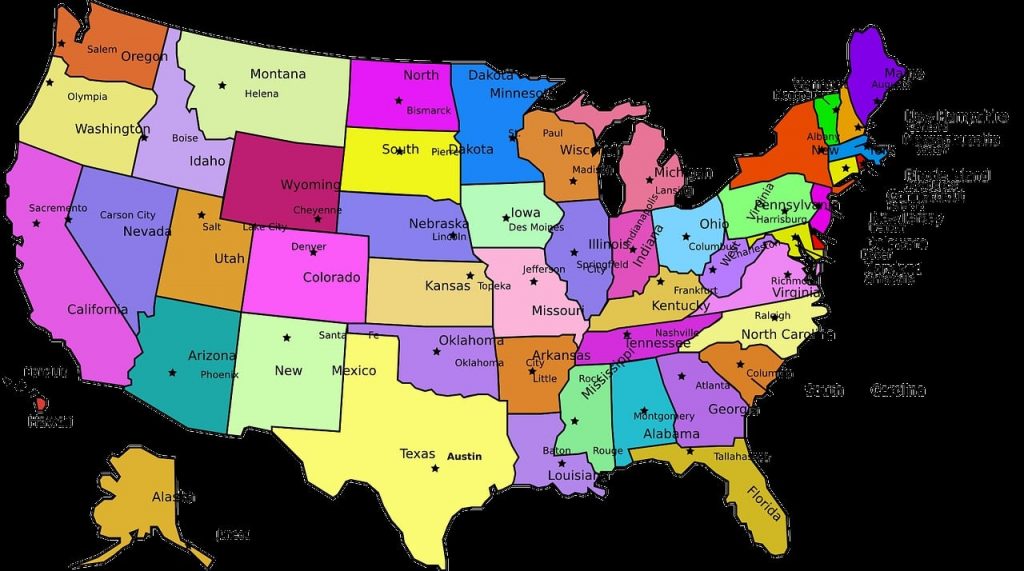
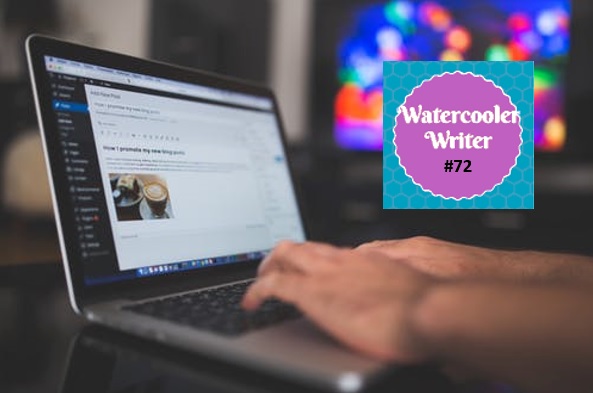
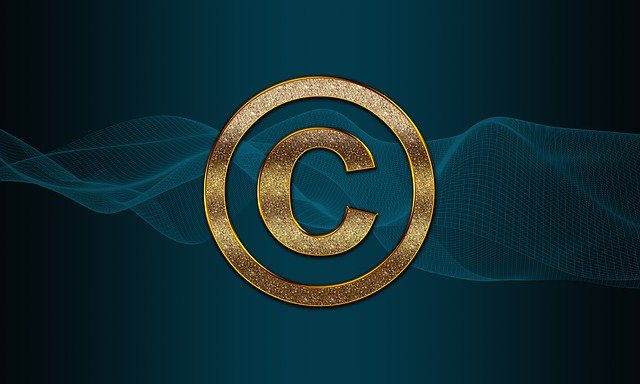
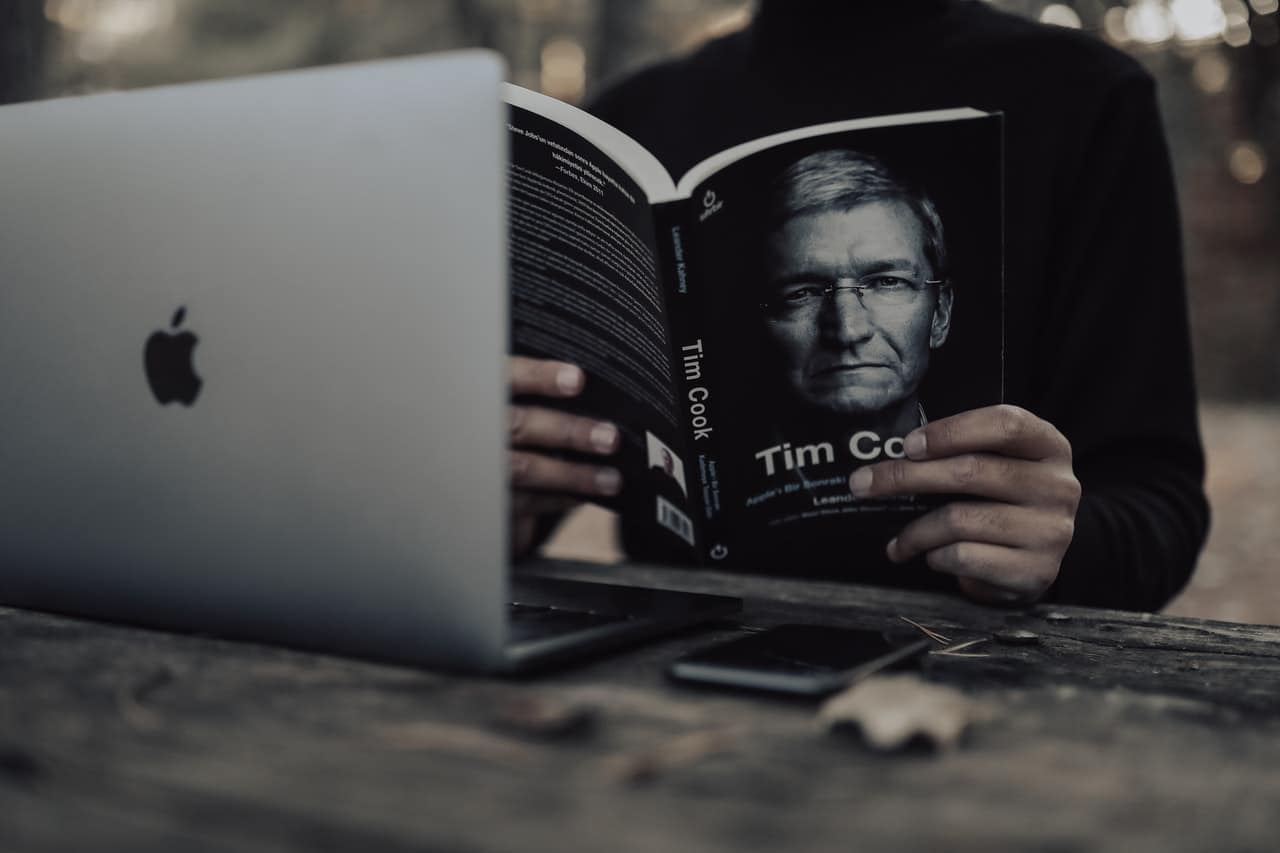
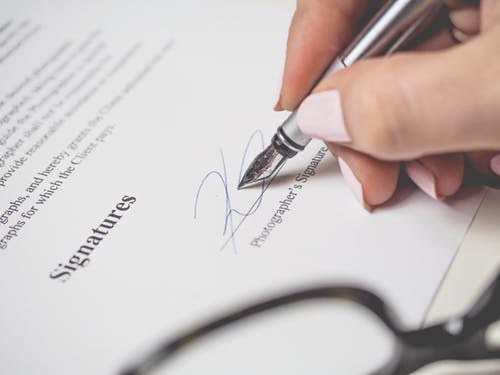
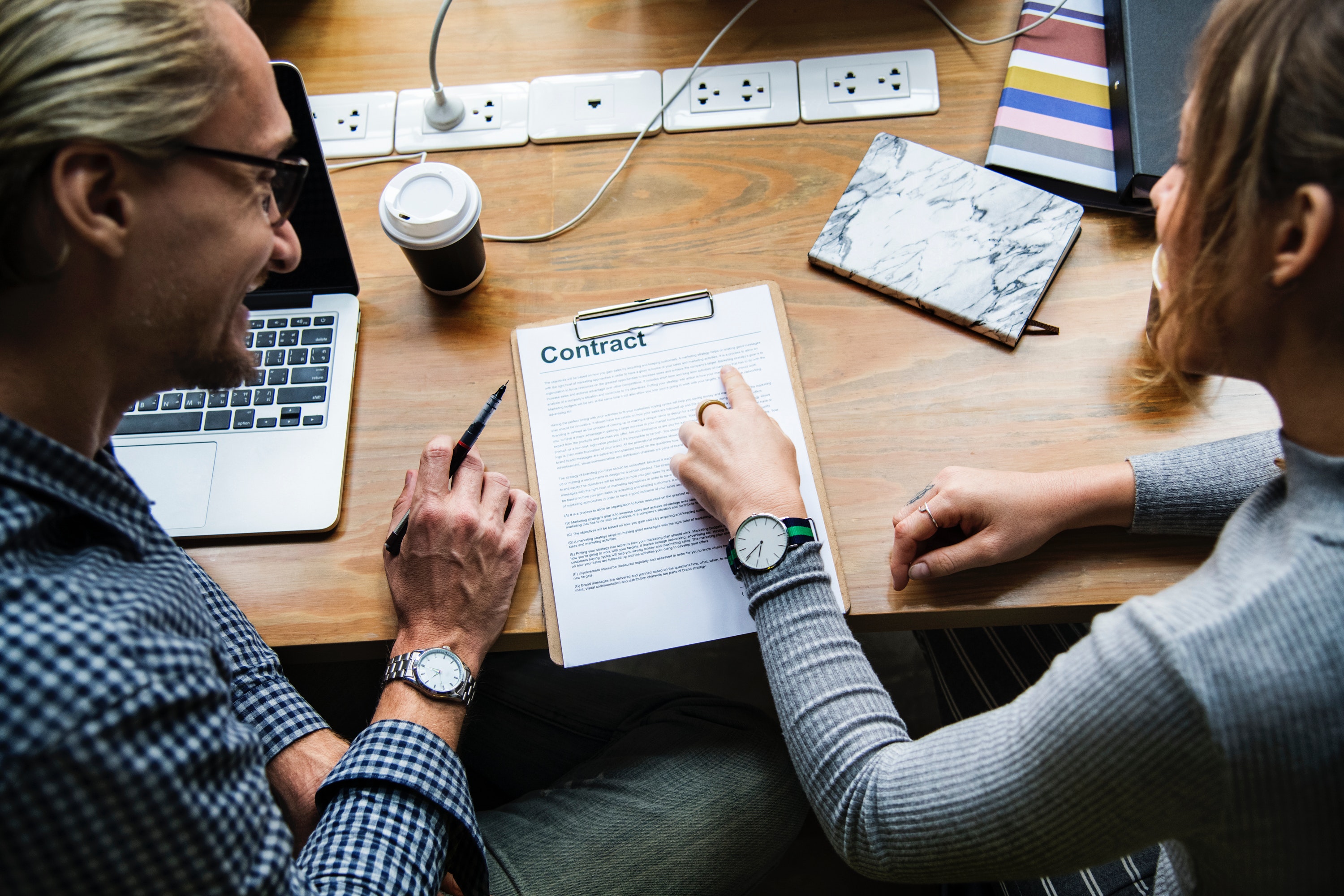
One thought on “Who Owns Intellectual Property?”
Thanks for explaining that some licenses are also involved when it comes to the usage of certain intellectual properties. I’m interested in publishing a book soon so I’m thinking about consulting with an intellectual property lawyer about it. I’d like to make sure that my story that I would like to turn into a series of books would be protected from any sort of plagiarism.